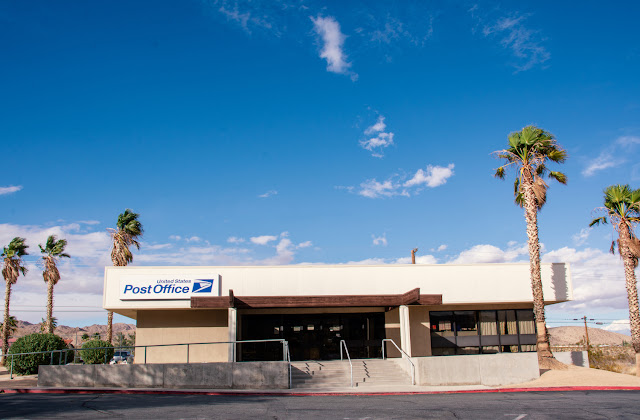But then I notice iTunes has introduced iTunes U—
The iTunes Store offers free audio and video content from top universities, famous museums, public media stations, and other cultural institutions...—and I got distracted by even MORE intellectual fodder.
At a cursory glance, I came across the following:
Jessica Stockholder talks about teaching art at Yale.
A Conversation with Meg Cranston at Otis
Robert Storr on My Life as Artist
Tons of stuff from MoMA
Blair School of Music (where I studied classical piano from the age of 7- 13.)
and a lecture at MIT called Crackberry's, Exploring the Social Implication of Wireless email Devices.
So even though Apple has alienated a few people with their iPhone/MobileMe kerfuffle, I'm still a fangirl.
But back to Elkins...
p 124. second paragraph. The whole paragraph is pathetically true for me. I'll paraphrase to a point; Elkins is talking about a fixed element in a painting, a passage so successful that it accidentally becomes a cornerstone for the painting. Now, I will resort to quoting bits and pieces regarding this notion of fixation:
It is often possible to look at a painting and guess which passage was fixed early in the process....usually it is whatever is so obviously successful that the painter could not bear to efface it even when the whole painting changed around it until its very existence became a luxury.
...it wears out its welcome and become an annoyance.
...has outlived its value and continues to exists only as a fossil of some earlier notion of what the painting might have been.
...Anything permanent in the imagination becomes an obstruction....
...The paintings swirls around the fixed spot, protecting and enclosing it like a bandage.
My paintings are a tireless crusade.



2 comments:
great section, having just read that book, it is fresh in my mind. I was also sympathetic to the whole sacrifice of the perfect moment for the greater good of the painting. I think that was one of my earliest a-ha hurdles in my twenties. Being able to let go of a really great moment in a painting is hard. I wonder if I would have taken digital pictures if I had the chance.
Yeah, this was hysterical to me. I view my canvases as little war games so the whole act of painting for me is about these cancellations and negotiations. It's such a luscious book.
Post a Comment